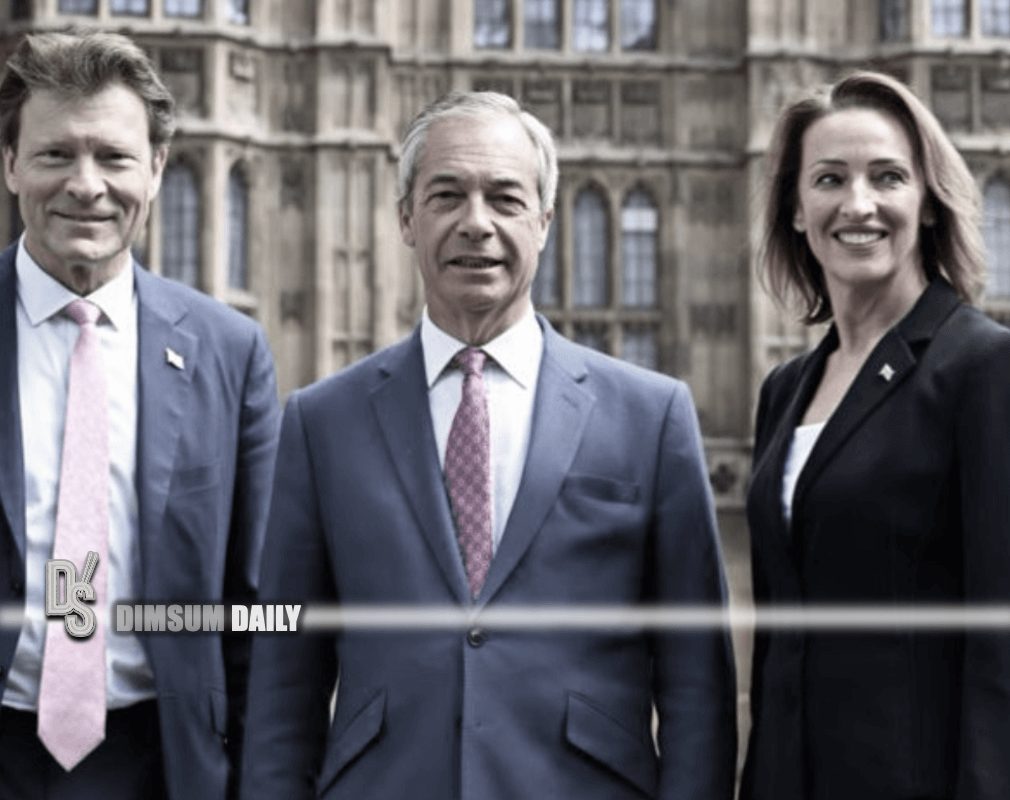Reform UK Championing Digital Contributions in British Politics
On May 31, 2025, a notable transformation in political fundraising emerged as Reform UK, led by Nigel Farage, declared the acceptance of cryptocurrency donations. Revealed at a Bitcoin Conference in Las Vegas, this initiative positions Reform UK as the inaugural British political party to welcome contributions in digital currencies, aiming to modernize the political landscape. This groundbreaking approach prompts various discussions regarding the implications of anonymity and transparency in political financing.
Context and Broader Implications
This new strategy not only reflects Farage’s vision for a tech-forward future but also responds to the interests of a growing demographic: the seven million Britons who currently invest in cryptocurrencies. By embracing digital finance, Reform UK seeks to engage a younger audience and establish itself as a forward-thinking political entity. Farage’s proposals, including the introduction of the ‘Cryptoassets and Digital Finance Bill,’ aim to place London at the forefront of global cryptocurrency trading. This direction not only showcases a dynamic response to post-Brexit challenges but also emphasizes the importance of adapting to evolving technological frameworks.
Concerns Surrounding Anonymity
Despite the potential benefits, concerns have surfaced regarding the implications of accepting digital currency. Experts like Steve Goodrich, a financial crime specialist, have raised alarms over the anonymity that cryptocurrencies often provide. This lack of transparency could lead to difficulties in verifying donor identities, potentially opening doors to undisclosed contributions and even facilitating political corruption. The ramifications of this could challenge public trust in political funding and the integrity of the democratic process.
A Call for Engagement
Farage’s bold initiative attempts to spur a national conversation about the intersection of technology and governance. By proposing a “sovereign Bitcoin reserve fund” and advocating for a reduction in capital gains tax on digital assets to 10%, Reform UK aims to navigate not just the future of finance but also the political environment surrounding it.
In Conclusion
The acceptance of cryptocurrency donations by Reform UK marks a significant step in the evolution of political fundraising in the United Kingdom. As both a challenge and an opportunity, this initiative has the potential to reshape the relationship between technology and politics, spurring deeper dialogues about transparency and accountability within the realm of political finance. Observers will be keen to monitor how this transition impacts political engagement among younger voters and what measures may be put in place to mitigate concerns regarding the integrity of the donation process.


